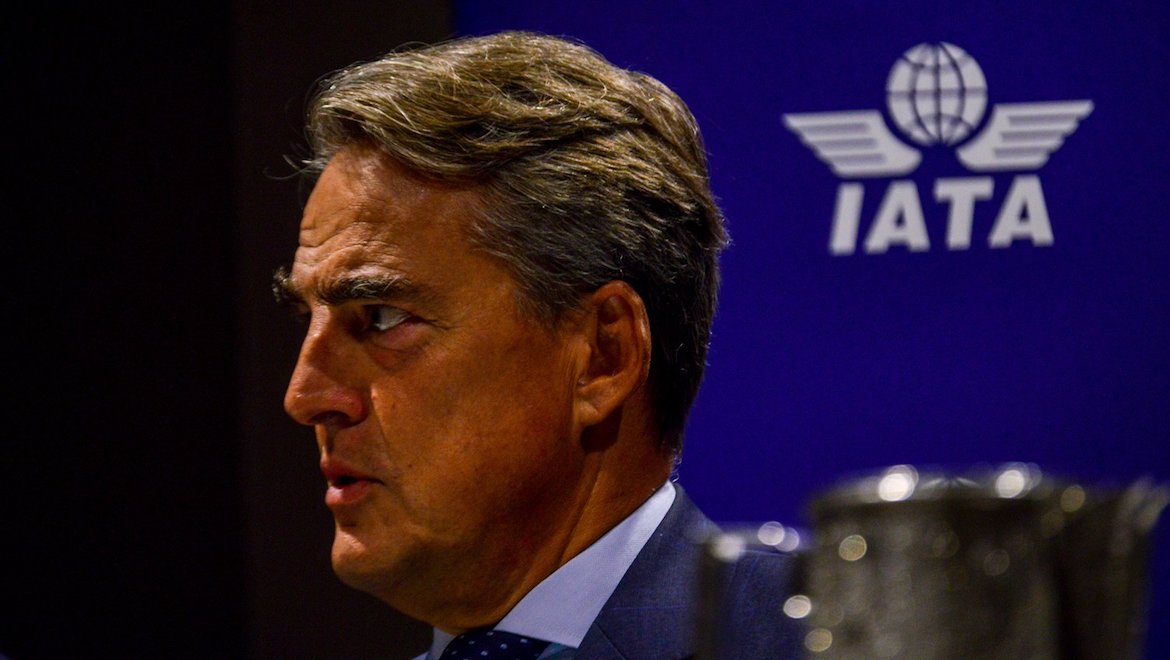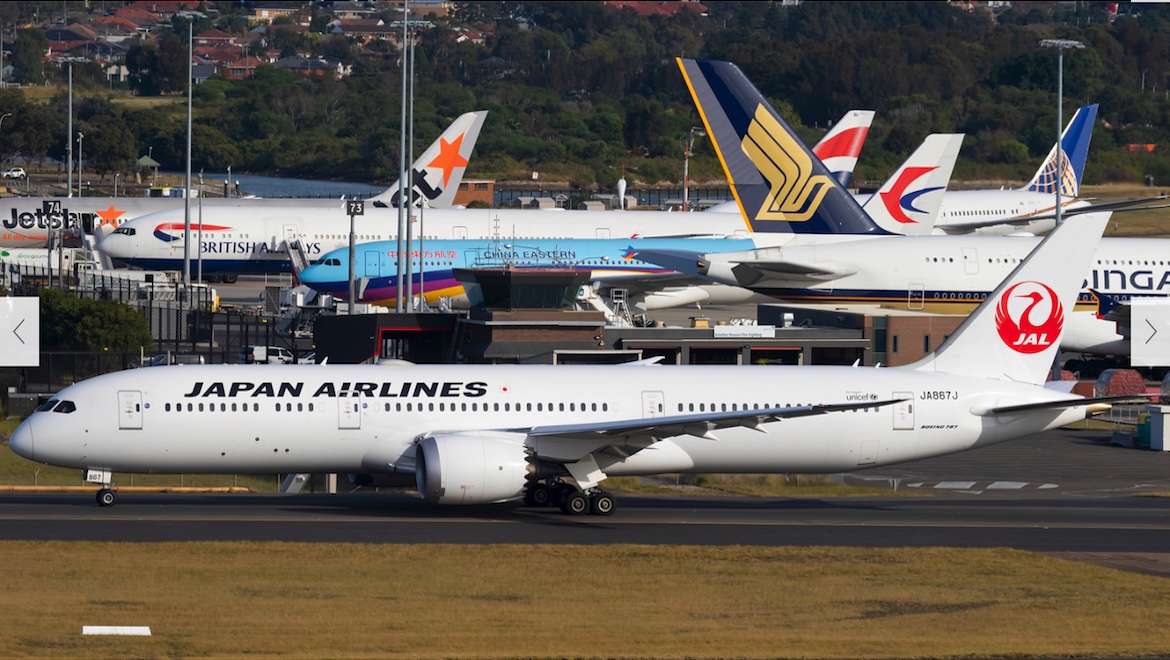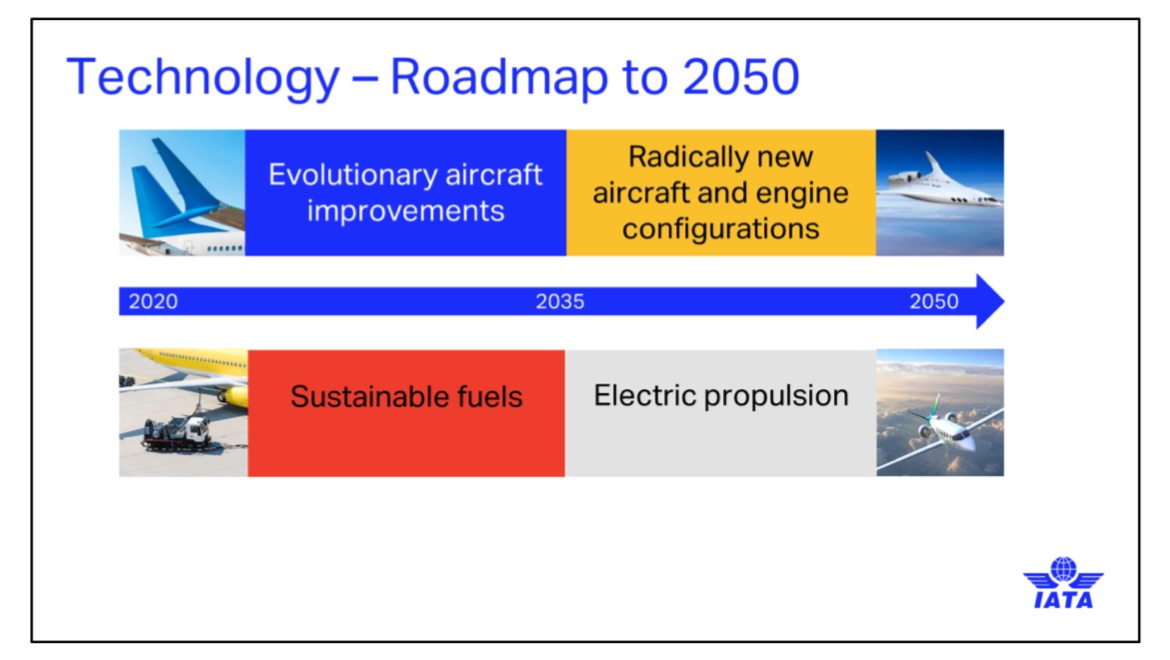
International Air Transport Association (IATA) director general Alexandre de Juniac says the airline industry has to be guided by three core principles if it is to continue delivering the benefits of aviation-enabled activity.
Those principles – environmental sustainability, a policy framework encouraging competition and innovation, and infrastructure which is both efficient and affordable – were second only to safety, the highest priority.
De Juniac was speaking at the Wings of Change Americas conference in Chicago, not far from where the landmark Convention on International Civil Aviation (the Chicago Convention) was signed in 1946.
The convention set up the framework for international air travel and created the International Civil Aviation Organization (ICAO).
“Seventy-five years later, I believe that air transport itself has become the business of freedom, liberating us to pursue our dreams and fulfil our hopes,” de Juniac said in speech on September 3 (US time).

Environmental sustainability
Of the challenges facing the industry, environmental sustainability was the greatest, he said.
The IATA boss decried the modern trend of “flight shaming”, and claimed environmental taxes did little to support industry efforts to become greener. At the same time, the airline industry had to do better at letting the public know the ways it was fulfilling its environmental obligations.
“The fact is that we are already helping people to fly sustainably. The environmental impact of an individual traveller has been cut in half compared to 1990, and we have decoupled emissions growth from underlying traffic growth.”
De Juniac pointed to the commitment of IATA’s member airlines to cap their greenhouse gas emissions from 2020 and to cut them to half of 2005 levels by 2050.
He also urged governments to support the Carbon Offsetting and Reduction Scheme for International Aviation (CORSIA) which is expected to mitigate around 2.5 billion tonnes of CO2 and be the catalyst for over $US40 billion in climate finance between 2021 and 2035.

Sustainable aviation fuels (SAF) will play a “huge role” in meeting the 2050 target, but a key hurdle has yet to be cleared, he said.
“Reaching 2 per cent SAF use by 2025 would be a tipping point on the flightpath to mass adoption. But getting to that figure will require governments to enact policies supporting commercialization.”
He said advances will also be needed in other areas, including advances in airframes and propulsion systems, like all-electric and hybrid-electric aircraft, along with operational and navigational efficiencies.
“We require governments to support these efforts, not make them more difficult,” he said.

Competition and infrastructure
De Juniac’s comments on competition and infrastructure were mainly aimed at the US market.
He argued against a range of regulatory moves, from requirements that US airlines must cater to “emotional support animals” to a proposed law that protected US labour standards from foreign airline competition.
However, he said airlines did not oppose reasonable rules.
“Let me be clear. Airlines do not oppose sensible, well thought out regulation based on open dialogue, rigorous cost-benefit analysis, global standards, and proportional compensation, when needed,” he said.
De Juniac said adequate, affordable airport and air traffic infrastructure were necessary to support future demand.
“That’s certainly not the case today. Critically congested airports are spread the world over,” he said.










